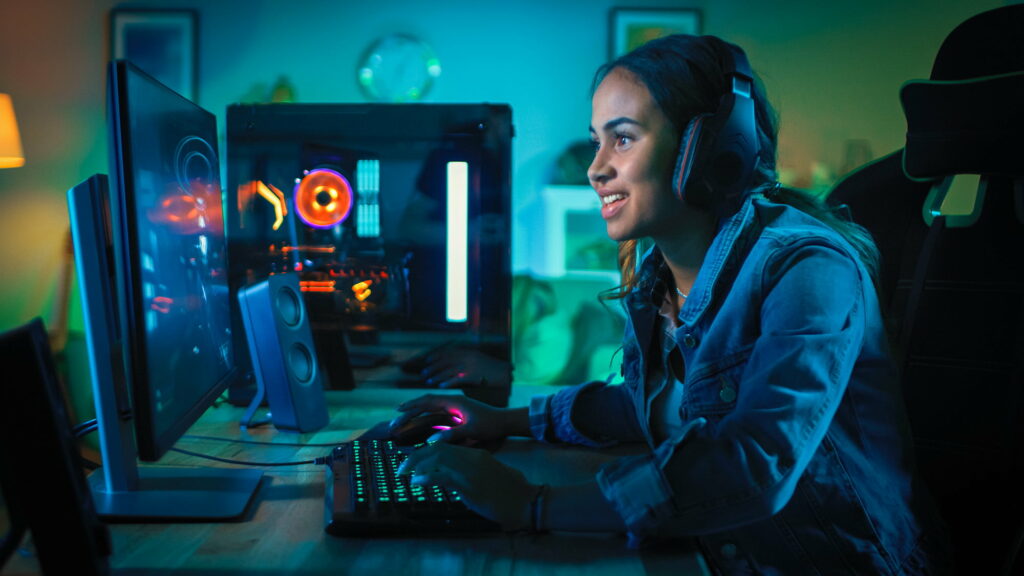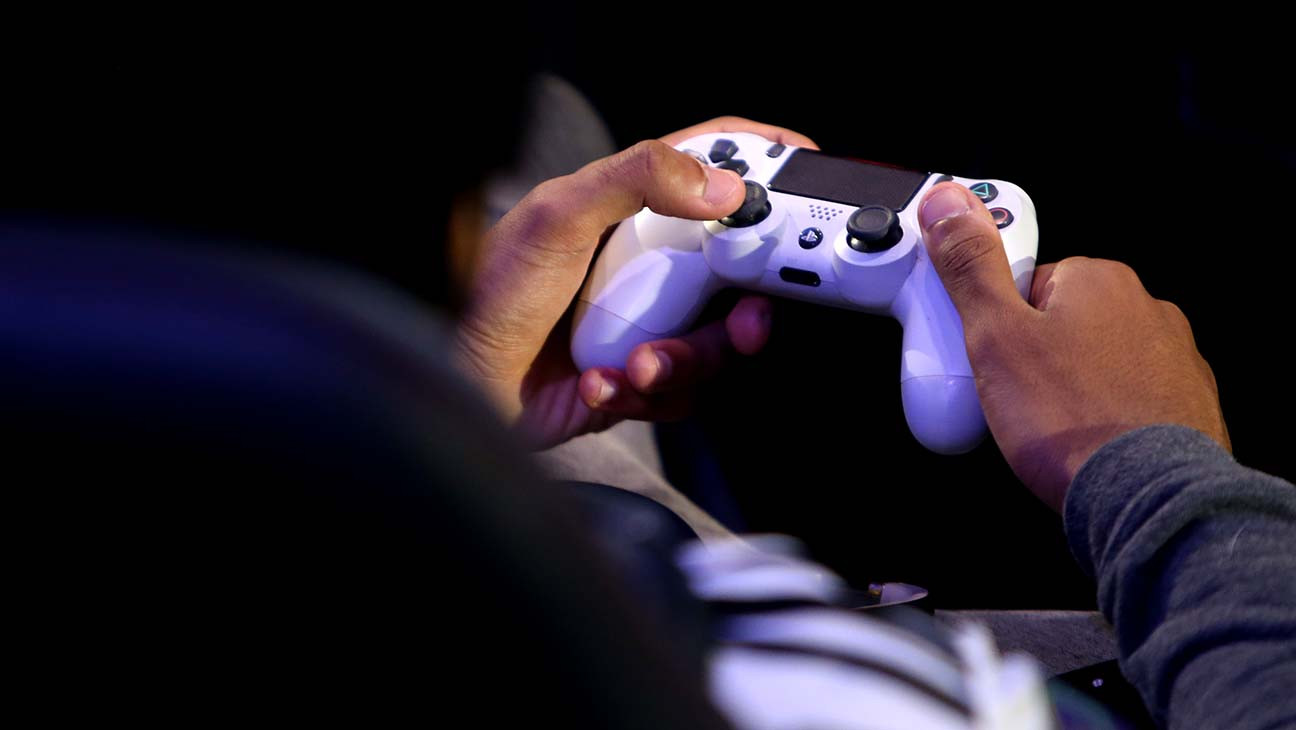Is Gaming Good For You? – Jason Sims
The world has over 2.5billion active gamers. This number is only rising as gaming develops from some bizarre time-consuming activity to becoming a hobby and even a sport. With the rise of popular games such as Call of Duty and Fortnite the world has seen the growing influence this has on people. But just how harmful is it? What I intend to explore is both the positive and negatives of gaming. We often here that gaming can promote violence, lead to health risks and that they are incredibly addictive, promoting loot crates as a form of gambling. So, how does the media portray gaming and what do studies suggest?

The Negatives:
- The obvious first connection is the link between violent video games, typically shooting ones, and the increased levels of aggression in children who might play such a game. This is because kids are very impressionable and so the normalisation of violence in video games can reflect in their behaviour as suggested by studies reported in the Guardian.
- Secondly, the increase of game addiction centres reveals how there is an increasing issue with people becoming severely addicted to gaming, allegedly 1 in 10 become addicted to gaming leading to social, phycological and school related troubles. While this could be prevented through careful management and control over time spent gaming, it is clear to see why in scenarios like lock-down the self-control can be weak.
- As Alex wrote about several weeks ago, the rise of gambling in gaming is creating serious problems. Loot boxes or Packs in games set the foundation for an addiction to gambling and can exploit kids to spend excessive amounts of money or steal it should they need it.
- Finally, there is a link between depression and gaming. A study conducted by Cyberpsychologyfound that children aged 10-11 games for over two hours a day are increasingly likely to show signs of depression, suggesting this can be the case for older children.
While a lot of this is common knowledge, during lockdown several articles have looked to emphasise the benefits of gaming, understandably this is in moderation.

Positives
- Gaming can improve visual processes and reaction time; studies show that children who game can better distinguish shades and shapes while also having improved motion detection. This has the added benefit of improving hand-eye coordination.
- Video games can improve ‘executive functioning’, this is the term for the ability to rapidly respond to problems. Gaming has the benefit of improving multitasking and mental flexibility.
- Rather obscurely, Scientific America reports that gaming can reduce depression. A conflicting report suggests that simple games such as Tetris may ease symptoms of depression and PTSD.
- Management can improve. Games that involve resource management such as SimCity or other tycoon style games develop a degree of strategy and rationing.
Overall, the research suggests that gaming is divided by its benefits and drawbacks. It is widely acknowledged the benefit it has in terms of training mental skills such as problem solving, multitasking and quick thinking. However, this is likely all-in moderation, once the gaming delves into extensive hours, or harmful games that are not appropriate to one’s age it is clear to see how the harmful effects can occur. I hope this article is useful in helping you possibly justify your gaming habits, if you are curious to read more into the research then I recommend googling it as there is a range of data that is constantly being updated as gaming becomes more mainstream.















Post Comment
You must be logged in to post a comment.